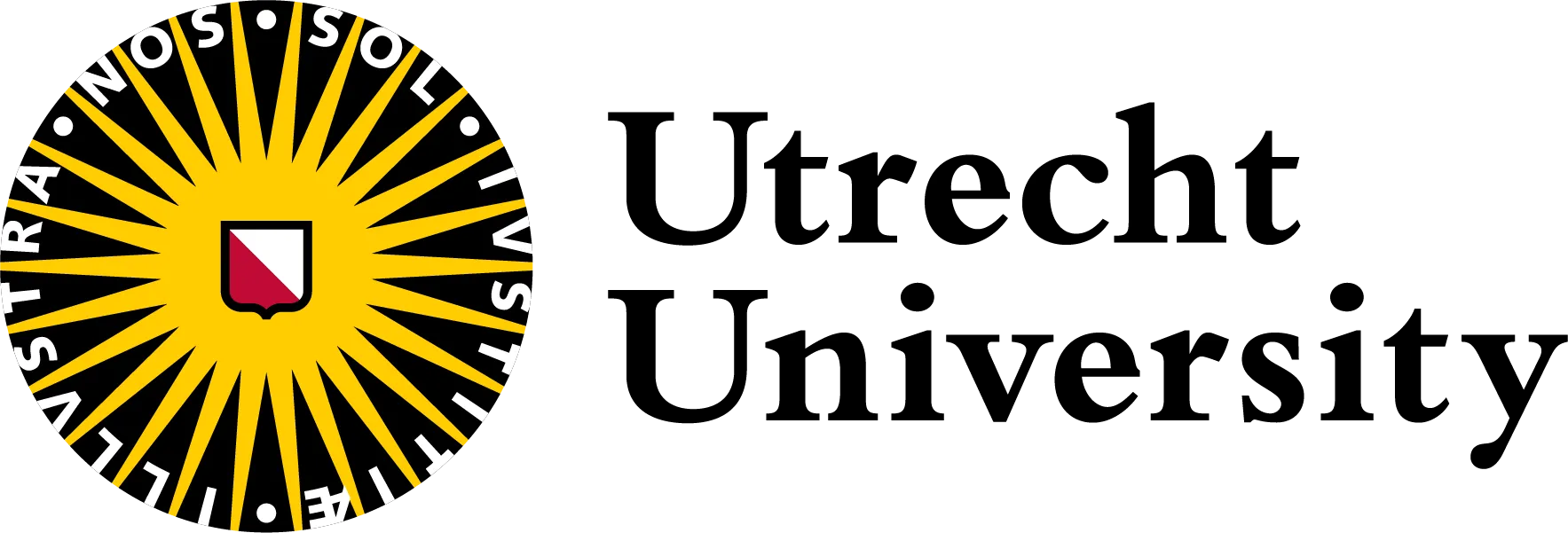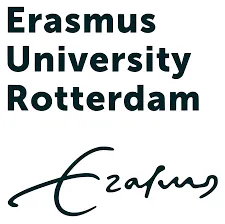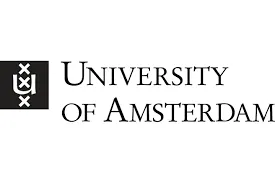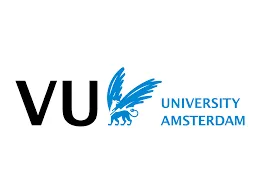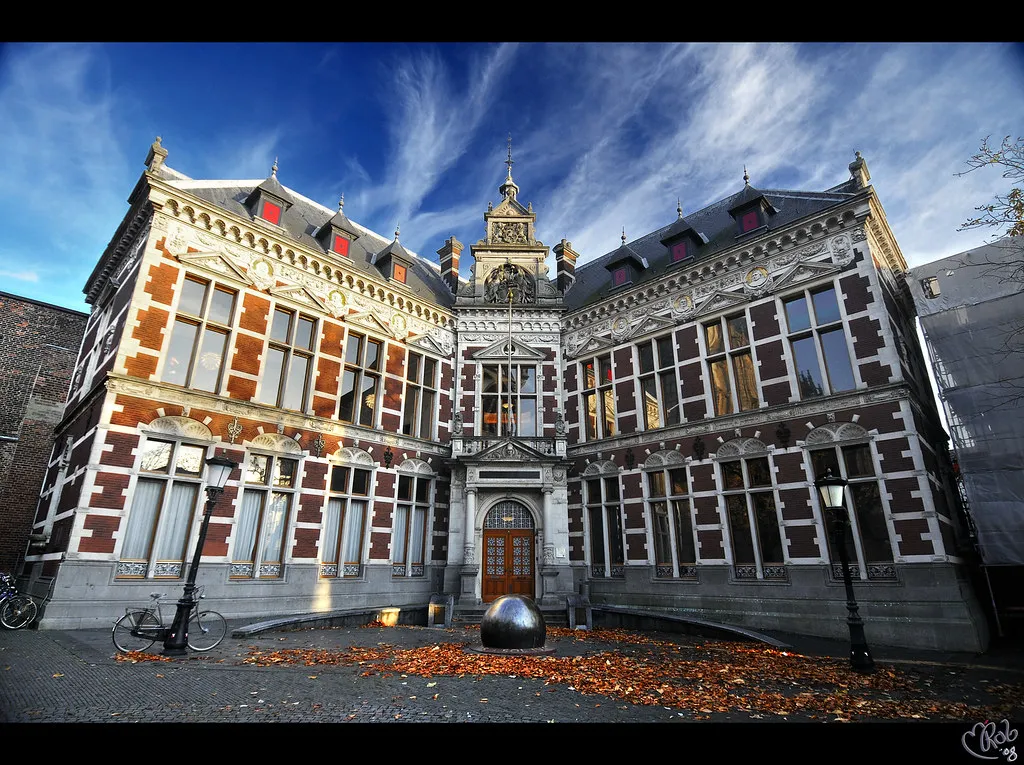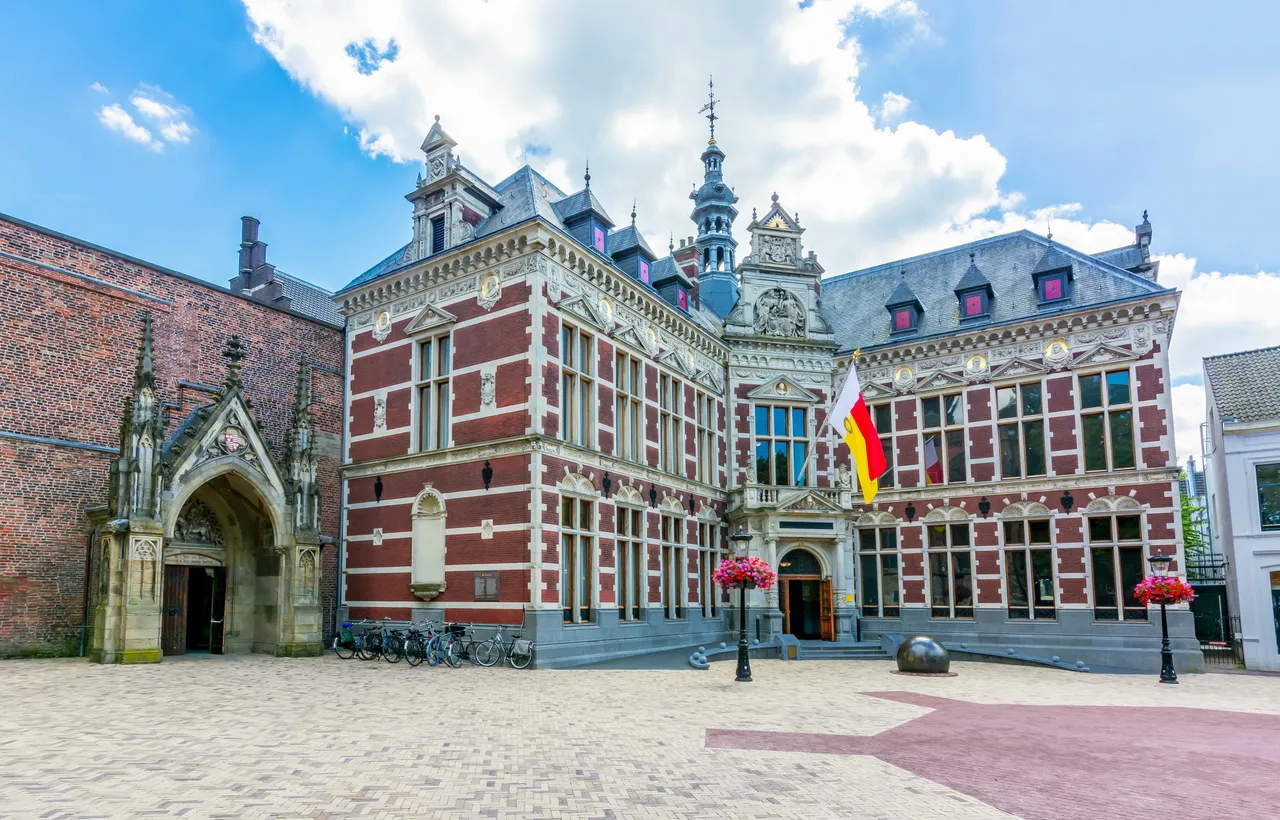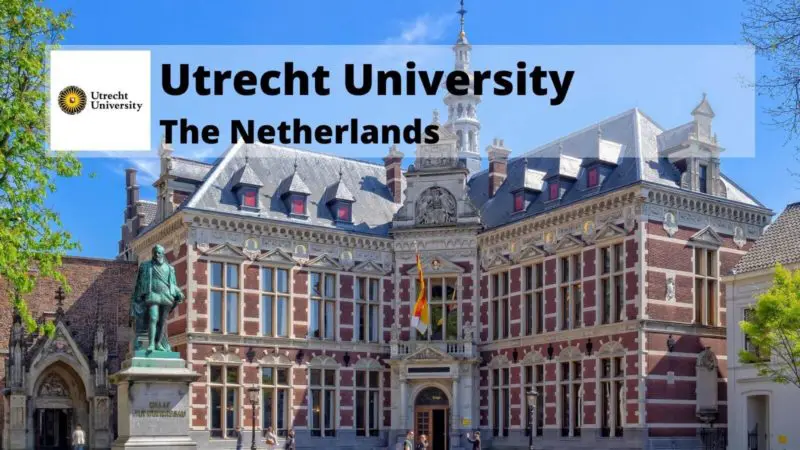About

University Type
Public

Amsterdam,
Netherlands

Year Established:
1636
Utrecht University (UU; Dutch: Universiteit Utrecht, formerly Rijksuniversiteit Utrecht) is a public research university in Utrecht, Netherlands. Established on 26 March 1636 (386 years ago), it is one of the oldest universities in the Netherlands. In 2018, it had an enrollment of 31,801 students, and employed 7,191 faculty and staff. In 2018, 525 PhD degrees were awarded and 6,948 scientific articles were published. The 2018 budget of the university was €857 million.
Utrecht University counts a number of distinguished scholars among its alumni and faculty, including 12 Nobel Prize laureates and 13 Spinoza Prize laureates. Utrecht University has been placed consistently in the top 100 universities in the world by prominent international ranking tables. The university is ranked the best university in the Netherlands by the Shanghai Ranking of World Universities 2019, ranking 13th in Europe and 49th in the world.
The university's motto is "Sol Iustitiae Illustra Nos," which means "May the Sun of Righteousness Enlighten Us". This motto was gleaned from a literal Latin Bible translation of Malachi 4:2. Rutgers University, having historical connections with Utrecht University, uses a modified version of this motto.
Rankings

#46
USNews

#105
QS
Utrecht University Program Rankings
-
Pharmaceutical Sciences (UG) - Rank #25 (US News)
-
Economics & Business Economics (UG) - Rank #184 (US News)
Utrecht University Highlights
FAQs
What are the most popular graduate programs offered at Utrecht University?
Utrecht University is renowned for its diverse range of graduate programs, with particular strength in fields such as Law, Economics, and Governance, as well as Life Sciences. Other popular programs include Sustainability Science and Policy, and Neuroscience. Each program combines rigorous coursework with research opportunities, preparing students for both academic and professional advancement.
What is the Annual Cost of attendance at Utrecht University?
The annual tuition fees for non-EU students typically range from €20,000 to €25,000. Living expenses, including accommodation, food, and personal expenses, are approximately €12,000 per year. The total cost of around €32,000 to €37,000 converts to about INR 27,20,000 to INR 31,45,000, based on the current exchange rate of 1 Euro = 85 INR.
What Financial aid and scholarship options are available at Utrecht University?
Utrecht University offers a variety of scholarships and financial aid options for international students. These include the Utrecht Excellence Scholarships, Holland Scholarships, and Utrecht Sylff Scholarships, aimed at talented and outstanding students. Prospective students can apply for scholarships through the university’s official scholarship portal, where applications must be completed alongside the admission application.
What is the reputation and ranking of Utrecht University?
Utrecht University enjoys a strong global reputation, consistently ranking in the top 100 universities worldwide. It is particularly well-regarded for its programs in Pharmacology, Veterinary Science, and Geography, which regularly appear in the top 50 of global rankings. The university's dedication to research excellence and high academic standards contributes to its prestigious standing in various international rankings.
What is the campus culture like at Utrecht University?
The campus culture at Utrecht University is vibrant and inclusive, offering a wide range of cultural fests, sports events, and academic workshops throughout the year. The university hosts annual events such as the Introduction Week Utrecht (UIT), Cultural Sundays, and various international nights. Students can also join numerous clubs and societies, ranging from debate clubs to music and arts groups, fostering a dynamic and engaging community.
What are the housing options at Utrecht University?
Utrecht University provides several housing options through the Utrecht Housing Office, offering both on-campus and off-campus accommodation. Popular areas for off-campus housing include Utrecht East and Lombok, which are known for their affordability and proximity to the university. These areas provide a mix of apartments, shared houses, and studio units, catering to diverse student preferences and budgets.
